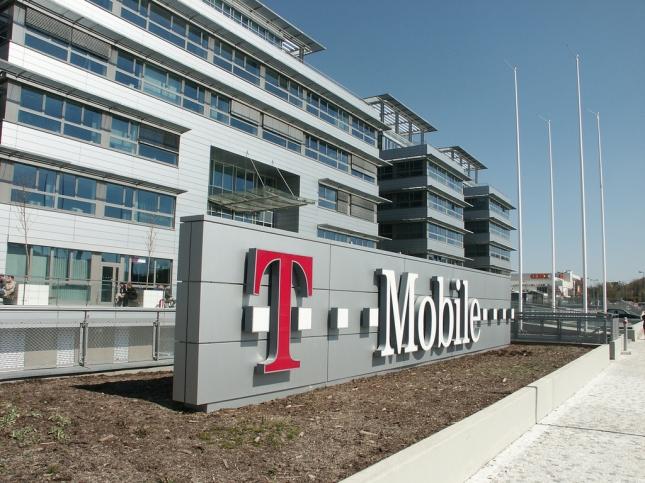The T-Mobile vs. Verizon spectrum war continues with another salvo from T-Mobile as they challenge Verizon’s claim that it is the most efficient user of mobile spectrum in the US. Earlier today, T-Mobile rolled out an “expert” to not only knock Verizon’s claim, but to dig in a little deeper by showing Verizon as the most inefficient spectrum user in the US.
Computer science research professor at Illinois Institute of Technology Dennis Roberson presented a series of slides along with regulatory filings indicating Verizon used flawed math to calculate its own efficiency calculations. Roberson went even further by saying that when the math is corrected, T-Mobile becomes the most efficient user of spectrum.
Roberson’s set of results, including the regulatory filing and presentation are on T-Mobile’s website, but his argument can be summed up with this as written by Kevin Fitchard for GigaOM:
Verizon treats all of its connections as equals in its analysis without accounting for the number and usage levels of smartphones consuming most of the bandwidth; and Verizon treats all spectrum as equal though some frequencies are more efficient than others.
Fitchard agrees, T-Mobile is the most efficient user of spectrum, while Verizon is probably the most inefficient. The thing is, T-Mobile doesn’t need evidence in the form of a computer science research professor, they just need to look at the idea that Verizon has gobs of AWS and 700 MHz licenses it isn’t using and in the case of the 700 MHz spectrum, wants to sell.
For T-Mobile’s part, they are using every drop of spectrum they have, going so far as to refarm their network removing room for its 2G network to make more room for its more efficient broadband network. Fitchard says it best when he argues that T-Mobile “couldn’t make a better argument than that to show its making the most of the limited resources it has.”
Here is one interesting fact from Roberson’s research that I was thought was noteworthy:
- T-Mobile’s customers are the most data intensive customers in the US wireless space, averaging close to 1.7GB per subscriber per month. That is almost 50% higher than Sprint’s 1.2GB, Verizon’s 902MB and AT&T’s 724MB of data usage.

